Used cars often mean you get more for your money but with so many cars on the market, deciding what to buy can be overwhelming.
You’ll also need to remember to factor in all your ongoing costs too, like servicing and maintenance.
Plus, let’s not forget how important it is to compare quotes to ensure you get the cheapest car insurance deal for your needs.
So, to help you navigate the process, here are 5 points to bear in mind.
1. Deciding between a dealership or private seller
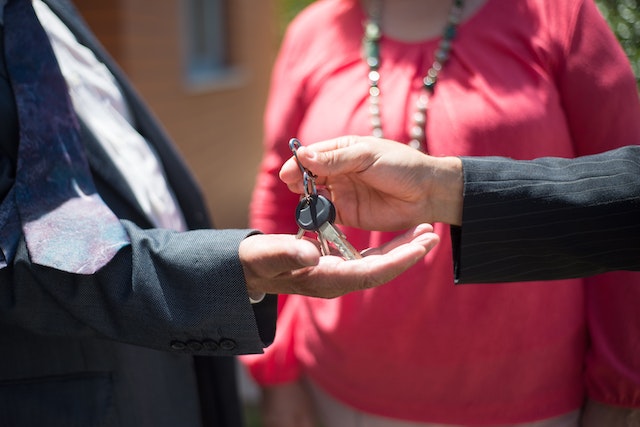 You can buy a used car from various places including manufacturer-affiliated dealerships and independent dealers. But don’t forget about the private sales market where owners advertise directly to buyers either online or through the classifieds.
You can buy a used car from various places including manufacturer-affiliated dealerships and independent dealers. But don’t forget about the private sales market where owners advertise directly to buyers either online or through the classifieds.
There are pros and cons for all of them and one isn’t necessarily any better than the other. For example, dealerships might give you a greater sense of security as cars typically come with a warranty. But on the other hand, private sellers can be more competitive and you’re more likely to pick up a bargain.
2. Making sure documents are all correct
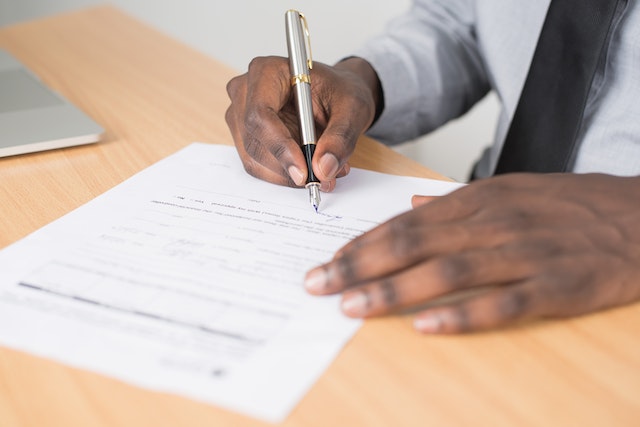 If you’re buying a car from a private seller, it’s crucial to make sure that all the paperwork is correct. This means you’ll need to check the V5C registration document (also known as the car’s logbook). The details set out should match the car itself, for example, the make, model, and colour. Most importantly, the vehicle identification number (VIN) on the V5C should be the same as the VIN etched onto the engine.
If you’re buying a car from a private seller, it’s crucial to make sure that all the paperwork is correct. This means you’ll need to check the V5C registration document (also known as the car’s logbook). The details set out should match the car itself, for example, the make, model, and colour. Most importantly, the vehicle identification number (VIN) on the V5C should be the same as the VIN etched onto the engine.
If the car is more than three years old, it will also need a valid MOT certificate to prove it’s roadworthy. You can check a car’s MOT status and MOT history online at GOV.UK and read more about MOT testing tips.
3. Checking for safety and signs of damage
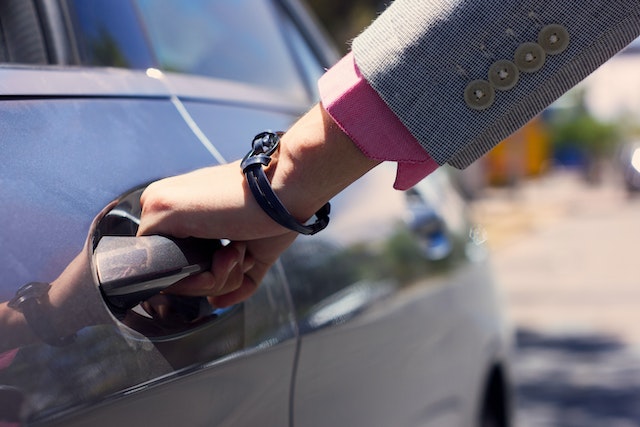 If you’re buying from a car dealership, you can be pretty confident that it’s been thoroughly checked and that any mechanical faults have been properly dealt with. Nevertheless, it’s good practice to give any car a good once over so look for uneven or mismatched paintwork and gaps in between panels. All this can indicate the car’s been in an accident and then repaired.
If you’re buying from a car dealership, you can be pretty confident that it’s been thoroughly checked and that any mechanical faults have been properly dealt with. Nevertheless, it’s good practice to give any car a good once over so look for uneven or mismatched paintwork and gaps in between panels. All this can indicate the car’s been in an accident and then repaired.
Don’t forget to check the inside too. Make sure seat belts aren’t frayed, ripped, or torn and that airbags are in proper working order and can be switched on and off as set out in the car’s handbook. It’s also worth trying out the indicators, heating, air-con, and even sat-nav. Checking for problems there and then gives you an opportunity to haggle — after all, if you end up buying the car, it’ll be down to you to resolve the issues.
4. Taking the car for a test drive
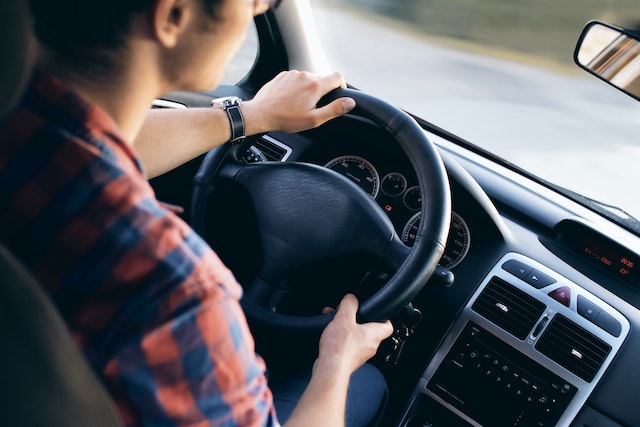 Getting behind the wheel is really the only way to work out if a car is right for you as a wise car buyer. If you’re buying from a dealership, they’ll have the insurance covered but if not, you’ll need to ensure you’ve got temporary car insurance lined up.
Getting behind the wheel is really the only way to work out if a car is right for you as a wise car buyer. If you’re buying from a dealership, they’ll have the insurance covered but if not, you’ll need to ensure you’ve got temporary car insurance lined up.
Listen out for anything that sounds odd like squeaky brakes. Check visibility so that you can see properly without irritating blind spots getting in your way. Most importantly, taking the car for a test drive is not an obligation to buy so if it doesn’t feel right, walk away.
5. Insuring your used car
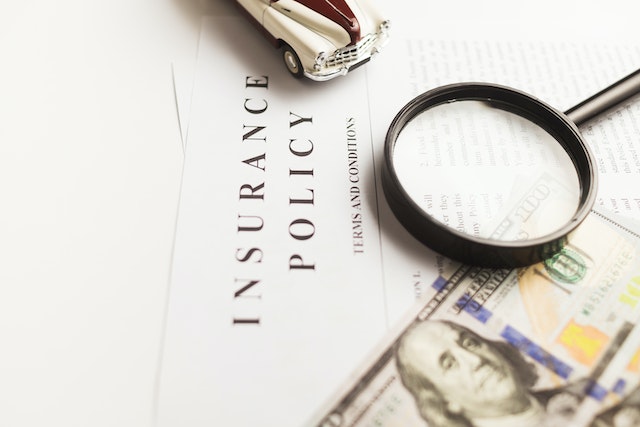 As most car owners will tell you, car insurance is one of the biggest ongoing expenses you’ll face. To keep costs as low as possible, you can choose a car in a low insurance group (there are 50 in total and all UK cars belong to one of them).
As most car owners will tell you, car insurance is one of the biggest ongoing expenses you’ll face. To keep costs as low as possible, you can choose a car in a low insurance group (there are 50 in total and all UK cars belong to one of them).
Groups are partly determined by the car’s specifications. Generally speaking, this means more expensive cars with fancy gadgets are in higher insurance groups and therefore attract pricier premiums. Additionally, if you intend to drive abroad, you may also consider getting a car extended warranty Australia for further coverage.
As well as choosing a car in a lower insurance group, you can help lower premiums by:
- Paying for your policy in one to avoid interest fees.
- Keep your car as secure as you can, ideally in a locked garage or private driveway but if not, an immobiliser can help.
- Being accurate about the number of miles you drive; overestimating can increase what you pay.
- Only buying what you need, for example, some bank accounts include car breakdown cover so you won’t need this as part of your insurance policy.
Of course, the best way to make savings is to shop around. At sites like mustard.co.uk, you can conveniently compare a wide range of car insurers all in one place. So, for peace of mind and great cover that won’t break the bank, start comparing right now before buying your used car. And if you feel like giving it a good clean then have it conveniently cleaned by a top mobile car wash service.


